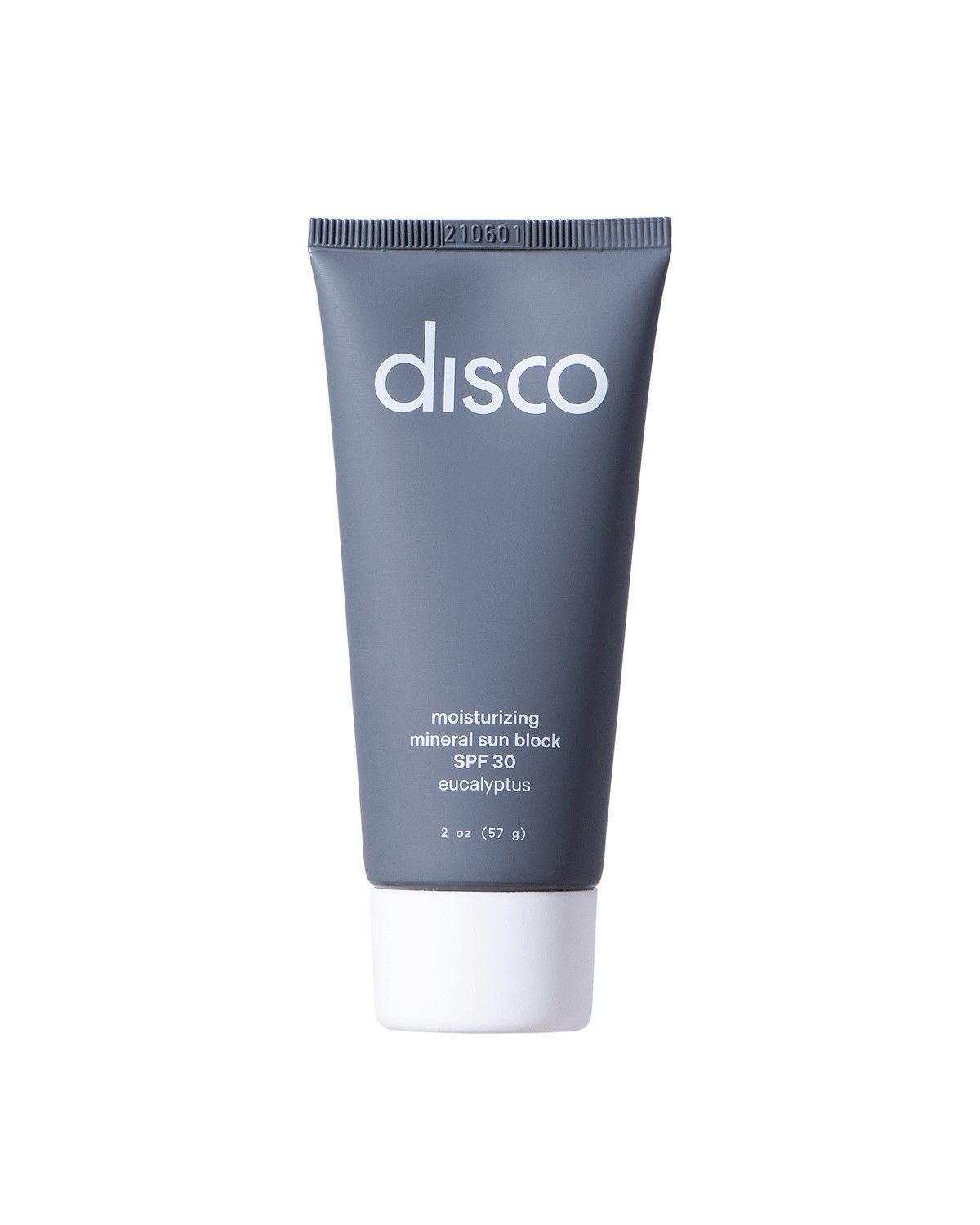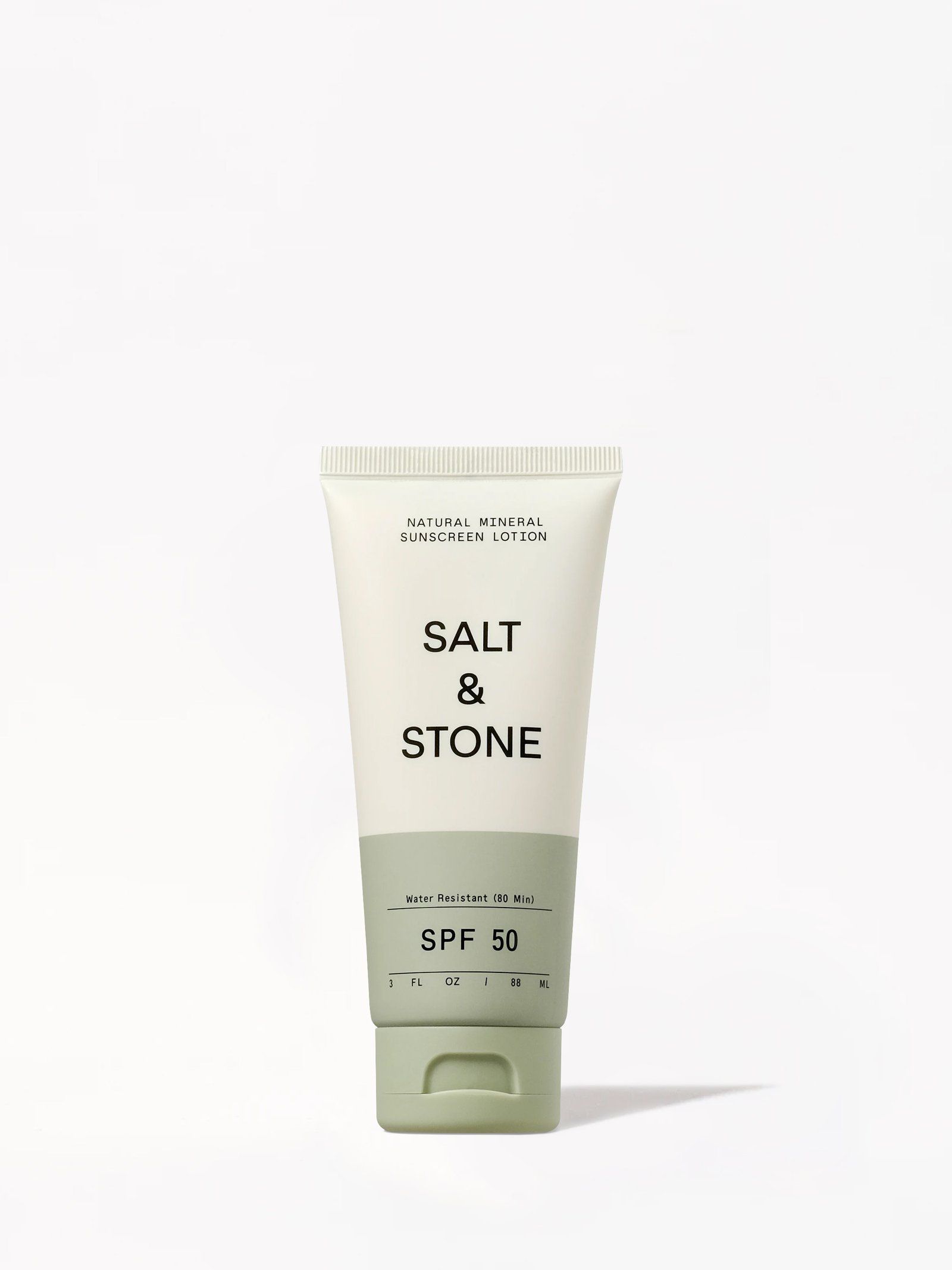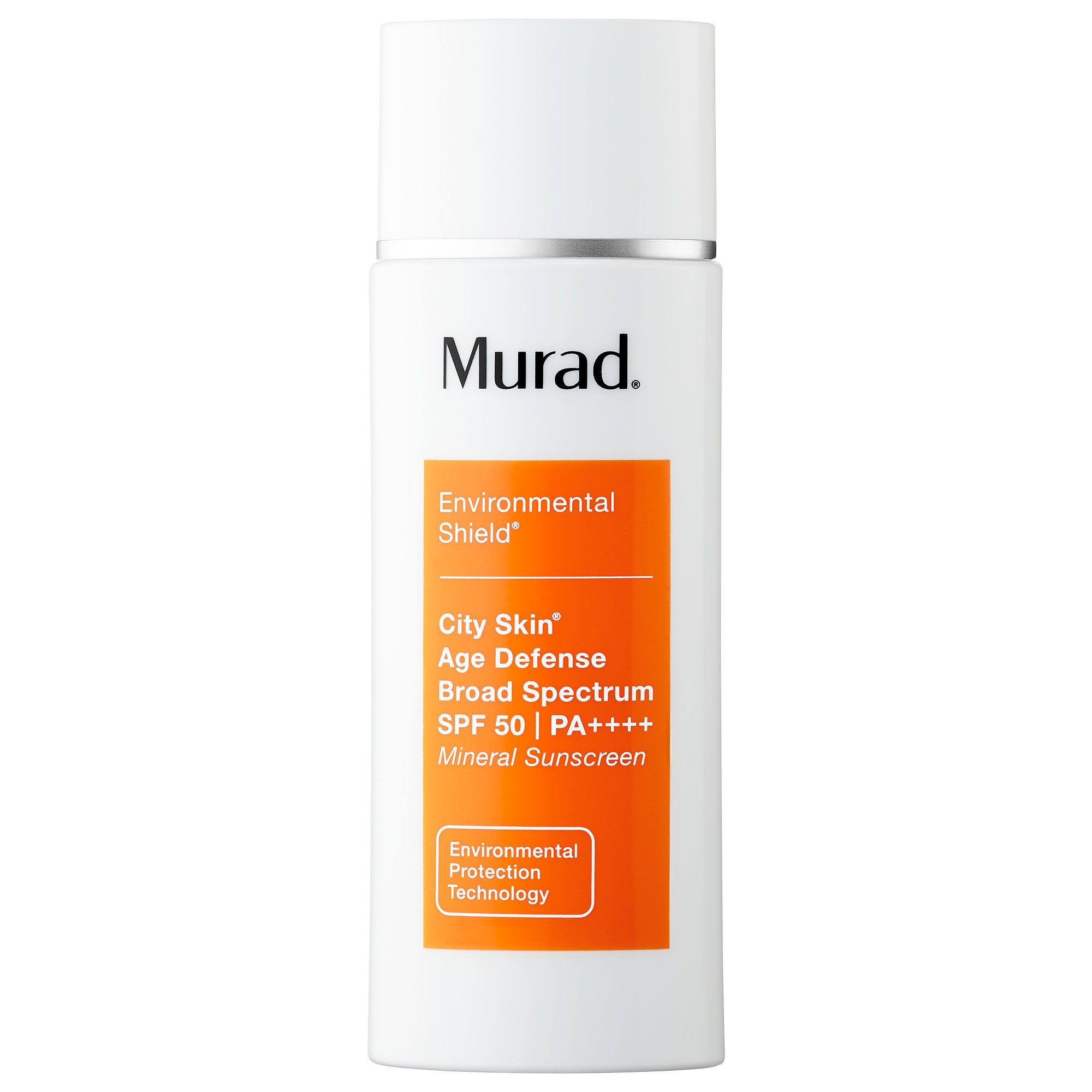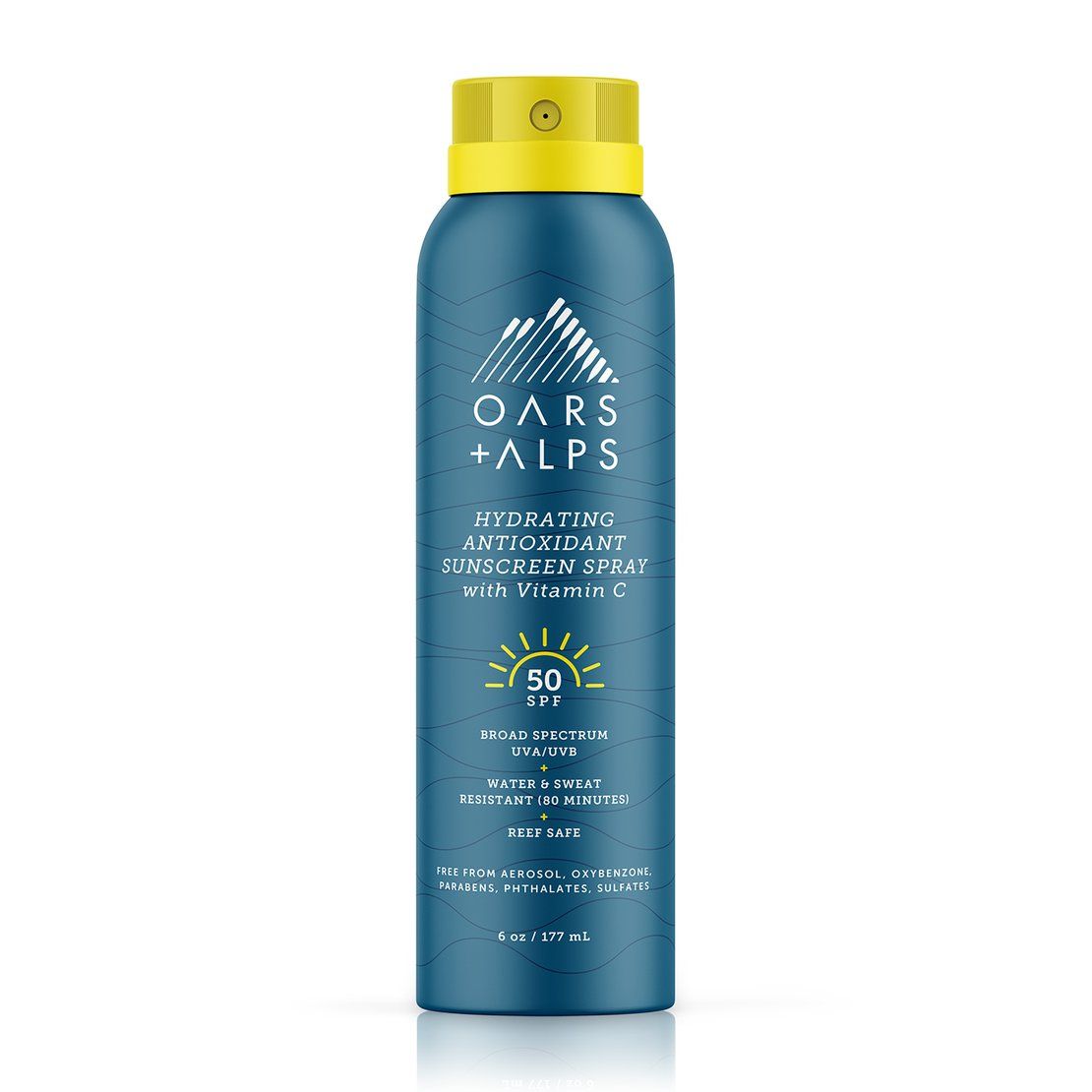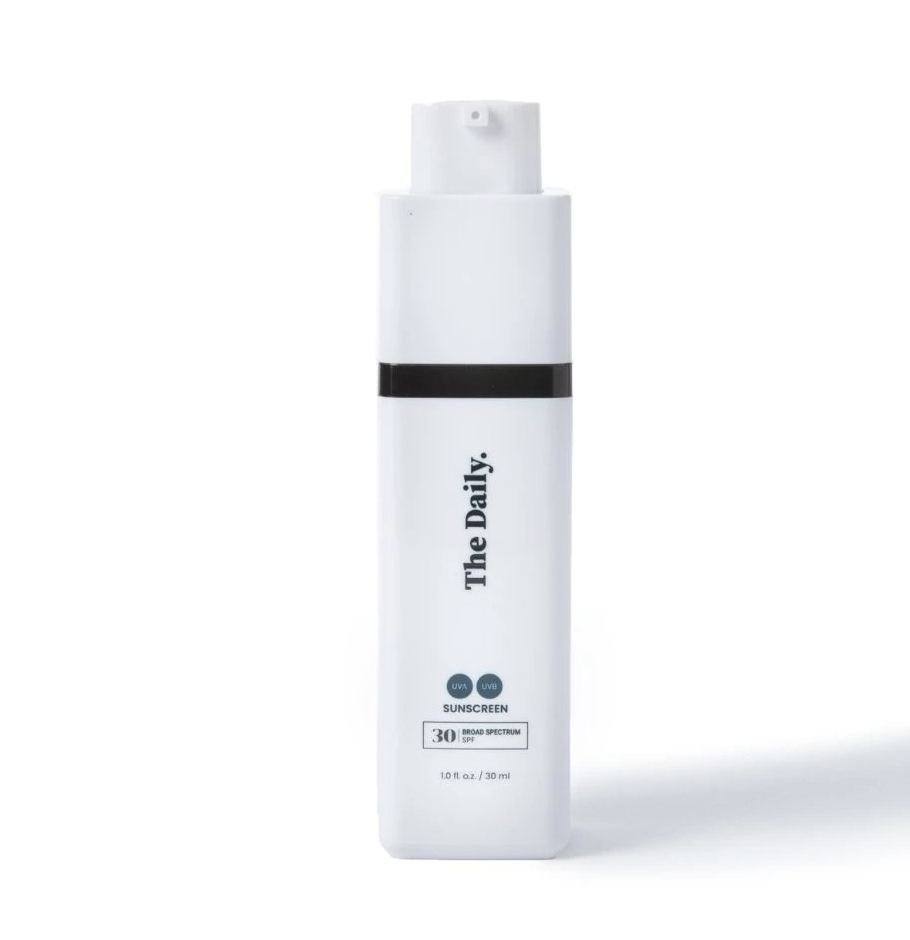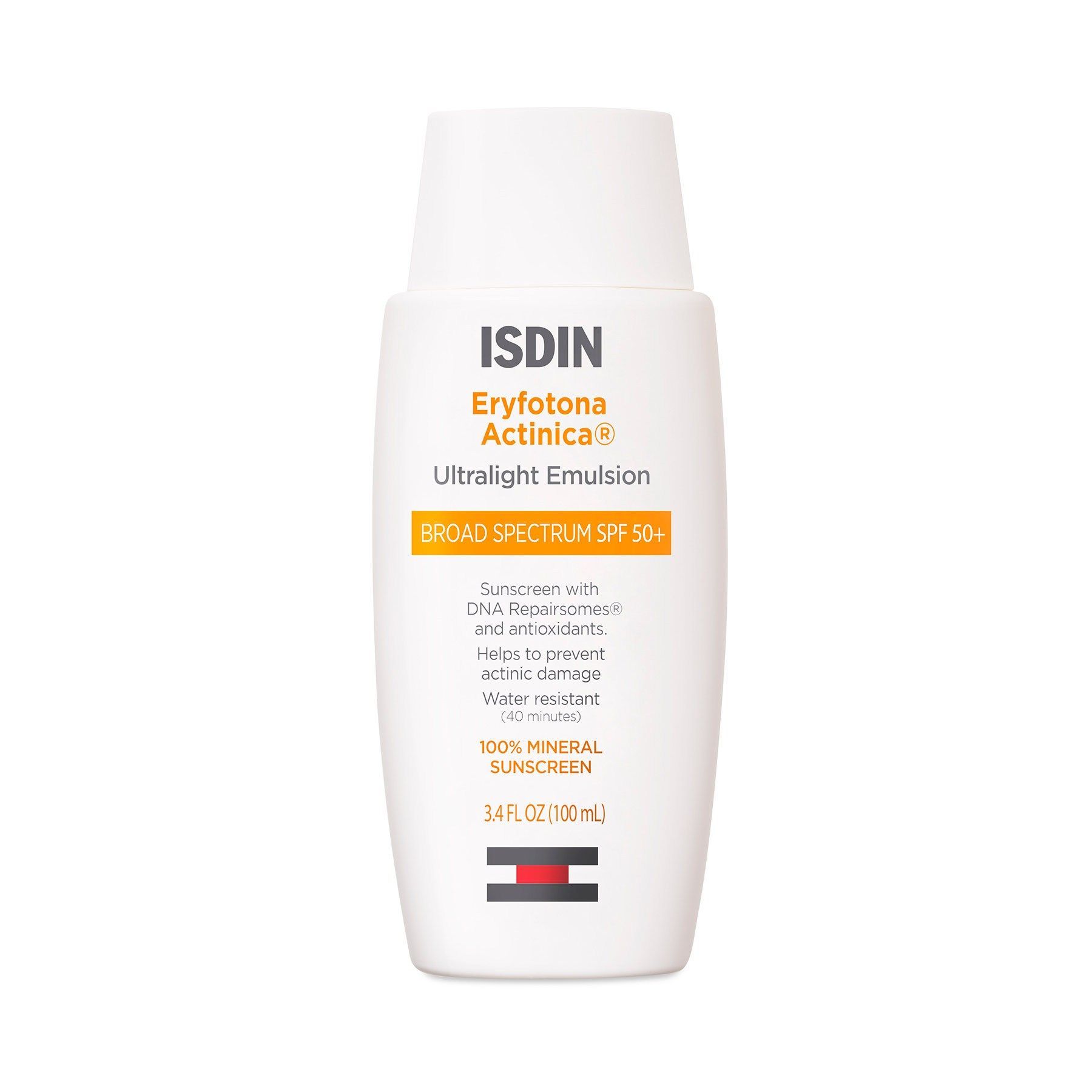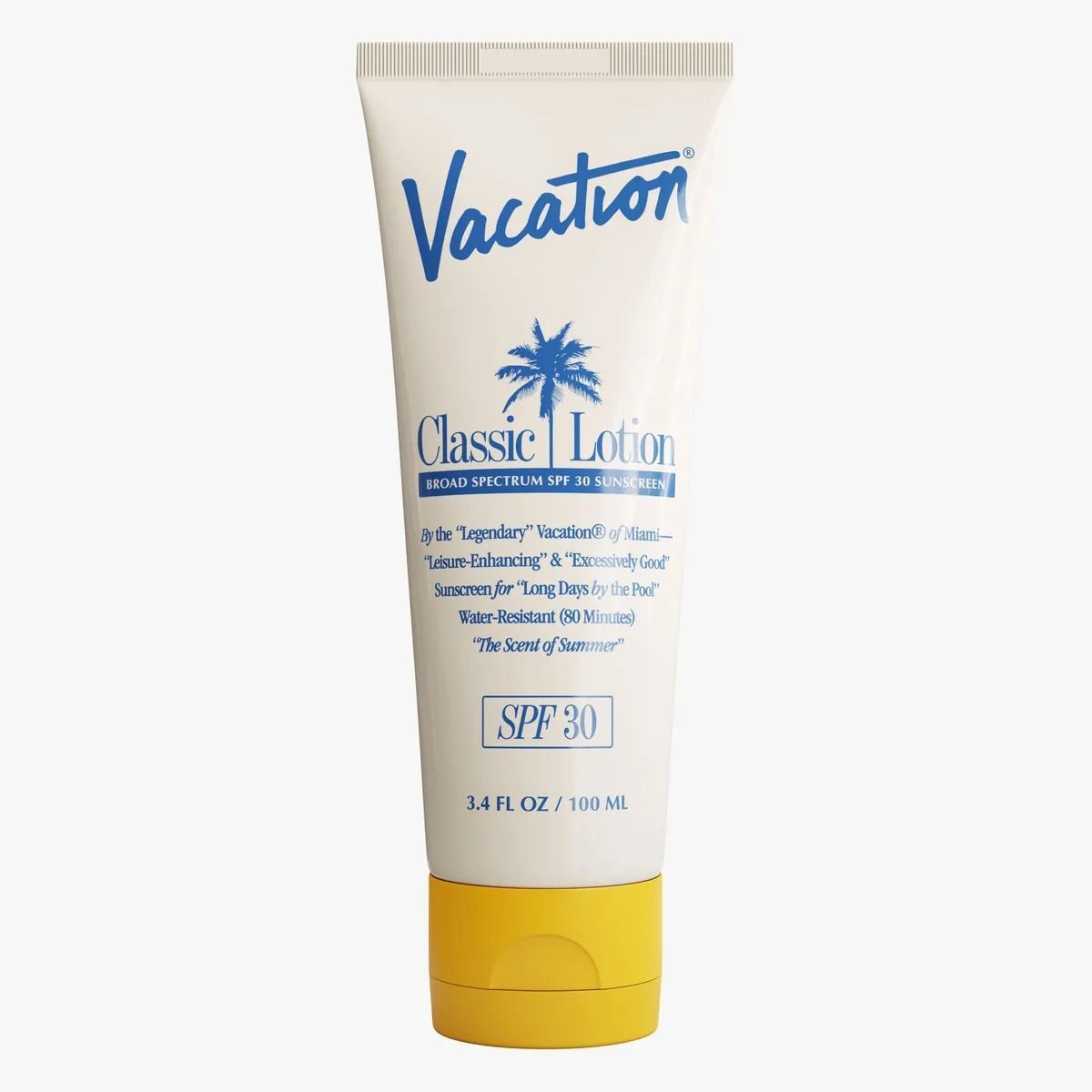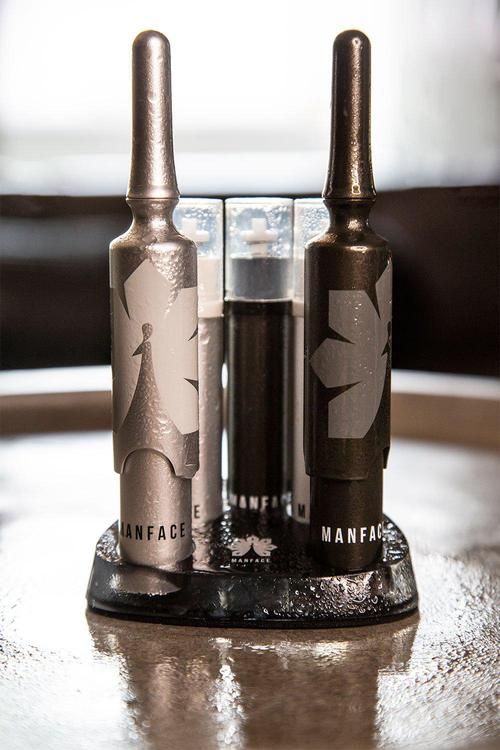It’s not a generalization to say that men aren’t particularly great about sun protection. “I ask every person that I perform a skin examination on whether or not they wear sunscreen daily. Easily 70 percent of male patients say that they do not,” board-certified dermatologist Corey L. Hartman, founder of Skin Wellness Dermatology, tells BAZAAR.com. “According to reports, only about 14 percent of men use sunscreen on their faces and other sun-exposed skin when going outside.”
Skin experts unanimously agree that even the most minimalist of skin care routines calls for broad-spectrum UV protection of at least SPF 30 every single day. It’s recommended for cosmetic concerns like preventing dark spots, melasma, and photoaging, but more importantly, for the prevention of skin cancer—the fourth most common cause of death for adults between the ages of 24 and 29, according to board-certified dermatologist Eva Simmons-O’Brien, cofounder of Simmons-O’Brien & Orlinsky LLC, and medical director of Disco Skincare.
New research indicates a surge in melanoma cases among men between the ages of 15 and 39.
While skin cancer impacts all genders, ages, and races, data indicates that men make up a particularly at-risk population due to both genetic and lifestyle factors. Board-certified dermatologist Antony Nakhla, a skin cancer surgeon and the founder of Eighth Day Skincare, says, “It is estimated that melanoma will affect 1 in 27 men and 1 in 40 for women in their lifetimes.” The rates are rising, too; between 1995 and 2014, the diagnosis of melanoma rose 51 percent—and Simmons-O’Brien points out that more than half of the deaths were of young men. “New research indicates a surge in melanoma cases among men between the ages of 15 and 39,” she says, citing studies out of Oxford University that have identified certain possible factors making men more susceptible to developing melanoma, such as elevated levels of testosterone in the blood.
Even anecdotally, experts report that men are being diagnosed with skin cancer more than ever before. “Over the past several years, we have noticed a large increase in the number of skin cancers in men,” board-certified facial plastic surgeon Benjamin Talei of Beverly Hills Center says. “Basal cell carcinomas are very common, and they are becoming increasingly found with better surveillance on our patients. But the scarier type of skin cancer is melanoma, and rates have also increased.” The problem is clear, but so, seemingly, is a solution. “Eighty-six percent of melanomas can be attributed to ultraviolet sun exposure, while daily use of SPF reduces the risk of developing melanoma by 50 percent,” Hartman says. But getting men to start wearing sunscreen as religiously as women do proves challenging, even though the alternative is literally killing them.
Why Aren’t Men Wearing Sunscreen?
Demographically speaking, women are categorically more compliant in heeding expert warnings regarding sunscreen compared to men, and this is reflected in consumer trends. Since January, searches for sunscreen among women increased 27 percent compared to 0 percent among men on the shopping app Klarna. So things are not looking good.
But why? “Advertising plays a role, but it’s not the whole picture,” explains board-certified psychiatrist W. Scott West, chief medical officer of Nashville NeuroCare Therapy and a consultant for NeuroStar Advanced Therapy. West notes that in addition to sunscreen—and skincare products generally—being marketed toward women, our society has also actually gendered SPF as feminine through messaging appealing to (and perpetuating) stereotypically female gender norms. As examples, he alludes to sunscreen being associated with protecting “delicate” skin or being necessary to achieve beauty ideals, rather than being framed as a doctor-recommended source of environmental protection against known carcinogens. “Advertising is a representation of well-established gender norms, and when sunscreen is gendered as feminine, not only are men less likely to be exposed to the messaging, but they’re less likely to find it relevant to them,” he says. “In some cases, they might consider that messaging at odds with their masculinity.”
“Men are generally terrible at skin care, and some men do feel as though they’re being effeminate if they worry about skin care,” Talei corroborates, highlighting an important market discrepancy and the need for outreach that is more accessible for men. Concerns like these are what led Benjamin Smith to found Disco Skincare, a line directly created for and marketed to men. “There have always been gender-neutral and female-centric skincare brands in existence, but very few built specifically for men. I felt my skincare needs as a man were not being met, and in response, started Disco,” he says. “Our goal was meeting men where they are: often uninformed, generally disinterested, and unsure of why they should use skincare products. With our Mineral Sun Block launch, we specifically focused on a few of the chief complaints among men regarding SPF: greasiness, stickiness, white sheen upon application, and water resistance.”
This mineral sunscreen features micronized zinc to avoid leaving behind a white cast, as well as reparative peptides and niacinamide for balancing, pore-minimizing, and pigmentation-correcting barrier support.
If you would prefer non-nano Zinc due to potential environmental concerns, check out this appealing indie brand’s moisturizing UVA- and UVB-protective mineral lotion which is infused with skin-loving rosehip seed oil. Their complete Suncare Kit also includes their sun-protective lip balm and SPF stick.
This mineral formula is a multitasker, complete with blue light protection via lutein and added vitamin C for enhanced protection and skincare benefits.
Hartman recommends products from Oars and Alps, which includes this broad-spectrum spray SPF infused with vitamin C and Alpine Caribou Moss for enhanced photoprotection.
Developed by a board-certified dermatologist, this three-in-one form of SPF 30 while soothing post-shave and hydrating the skin upon application.
This cult-favorite mineral sunscreen is known for its unique texture that works on all skin tones. The formula also incorporates DNA Repairsomes in order to help reverse previous sun damage.
If you’re interested in a chemical sunscreen (sans oxybenzone) that absorbs clear and also smells really, really good, Vacation Classic Lotion SPF 30 is the way to go. It includes extracts like coconut oil, aloe vera, Niacinamide, and vitamin E for added benefits.
Recommended by Talei, this is an entire anti-aging skincare regimen with all-in-one, AM and PM formulas. The morning routine incorporates waterproof SPF 44 courtesy of zinc, along with anti-aging peptides, vitamin C, and hyaluronic acid for plumping hydration.
How to Get the Men in Your Life to Wear SPF
I think it’s important to share the very real, objective danger posed by sun damage with the men in your life. … However, you can have that conversation without preying on fear.
Consider an approach that informs and rebuts common SPF misinformation without resorting to scare tactics, and then introduce the new behavior using a technique called habit stacking. “I think it’s important to share the very real, objective danger posed by sun damage with the men in your life. … However, you can have that conversation without preying on fear,” West says. “When someone has the facts, they are able to make their own informed decisions about building new, pro-health habits.”
Getting the habit to stick comes down to building new neural pathways in the brain—a function of implementing and repeating a new behavior, with cognitive changes occurring as a function of the brain’s neuroplasticity. “When it comes to instituting new habits, one of the most successful strategies I share with my patients is called habit stacking,” West says, noting that studies show that, on average, it takes around 66 days for a new habit to become automatic. “Though most men might not have as intensive grooming routines as women, chances are they do have some habits that are second nature, like brushing their teeth or brewing coffee in the morning. The neural pathways for these habits are already well developed in our brains, and we can take advantage of their strong foundations to institute new habits,” he explains.
To do so, they will simply begin to apply sunscreen at the same time as the already ingrained habit. “Every time he brushes his teeth in the morning, or gets out of the morning shower, he also applies sunscreen,” West instructs. “He can also integrate applying sunscreen with habits he does right before going outside. Keep a bottle of sunscreen near his shoes, sunglasses, and every time he gears up to go outside, he can also apply some sun protection.” This might sound obvious, but it works (and can save a life).
“I forget to wear sunscreen.”
As West points out, studies do show that women are much more likely than men to receive encouragement from their parents and peers from a young age about practicing sun protection. While Talei likens beauty rituals to being “second nature” for many of his female patients, it simply is not for his male patients. As such, many men simply do not realize that it is meant to be an everyday product—that windows allow UV rays in while at work and that commuting exposes you to UV rays en route.
“I don’t wear sunscreen daily. It doesn’t occur to me that I will need it, and it’s not a part of my built-in daily routine,” Tom Yacko, a 34-year-old attorney based in Southern California, says. “I generally do apply sunscreen before I do an outdoor activity where I can expect to be out in the open and in the sun for long periods of time.” In this situation, Yacko is a clear candidate for habit stacking—coupling sunscreen application with brushing his teeth and combing his hair. “Reminding me that I will most likely develop cancer in a few years if I don’t start wearing sunscreen every day would probably be enough to get me to wear it every day,” Yacko says.
“But my skin doesn’t burn!”
Felipe Nasr, 28, is a professional race car driver from Brazil. Like Yacko, he remembers to wear sunscreen while at the beach or at the pool, but forgets to apply it on the day-to-day. “You don’t even realize how much sun you’re getting when you’re out on the track for hours at a time,” he says. “We as men think sunglasses will be the solution, but in reality, I know how important it is to put on sunscreen and take care of your skin from your youth onward. As a Brazilian, we spend so much time at the beach and out in the sun, but we innately just do well in the sun.” When asked whether skin cancer or cosmetic concerns of the skin would be a better motivating factor for wearing sunscreen, Nasr says, “I would say anti-aging or longevity of the skin would sound better to attract more attention.”
Contrary to popular opinion, a tan is a burn.
This response highlights another common reason among men for eschewing sunscreen: the belief that when you do not get sunburned, that you do not need to worry about sun protection. “Contrary to popular opinion, a tan is a burn,” Simmons-O’Brien counters. This can be harder to detect on darker skin tones, but it’s just as important. “People with darker skin tones and melanin-rich skin have inherent sun protection in the range of 8 to 13, so we don’t burn as easily and experience skin aging that begins at older ages and in different, less apparent ways,” Hartman adds. “Therefore, there is a myth that’s been prevalent in communities of color that sunscreen is unnecessary and only for white people. This is slowly being debunked as more and more people of color are developing skin cancer.”
Nakhla also explains that in these populations, skin cancer can also be more difficult to detect, and thus is discovered at later stages when it is more challenging to treat. “Additionally, people with darker skin are prone to skin cancer in areas that aren’t commonly exposed to the sun, like the palms of the hands, the soles of the feet, the groin, the inside of the mouth, and under the nails,” he adds.
“I don’t like the feel of sunscreen.”
Philippe Til, aged 47, is a realtor based in Los Angeles, and does not wear sunscreen regularly unless he is going surfing. “I occasionally get an SPF face lotion, but haven’t found a great one, and when I do, I forget to replenish it,” he says. When asked what would make for a compelling formula, Til references texture and the absence of the white cast often left behind by mineral formulas. His dream sunscreen? “A product that has no sticky residue, maybe a slight tint for my olive skin, is long lasting, and that comes endorsed by authorities I trust,” he says.
In this instance, the use of alternative forms of sunscreen could be an advisable solution. “The use of sprays and sticks instead of creams can be better alternatives for men that dislike the way that sunscreen feels,” Nakhla says. He explains that SPF compliance grows proportionally to the ease of application. He also recommends the use of UPF 50 protective clothing like hats and shirts in instances when men simply cannot find a formula they like.
The Men Who Do Wear Sunscreen
The good news is that the trends do appear to be changing, with millennials as the first generation to express a preference for skincare over cosmetics as a majority. Talei notes that certain male patients have begun expressing more of an interest in protecting their skin long-term. Nakhla also shares that those for whom skin cancer runs in the family are generally more interested in wearing sunscreen in the name of cancer prevention. “These individuals—male and female—tend to be the most compliant with sunscreen in my experience,” he says.
While preventing skin cancer is an obvious motivation, some men we speak to reference concern over signs of photoaging (i.e., dark spots, fine lines, wrinkles) and an interest in skin longevity. “More and more, male patients come to me asking for cosmetic procedures,” Simmons-O’Brien says. “Recently, I have even seen an increase in male patients who are interested in eye cream, often assessing their eye area when looking for signs of aging or fatigue.”
The best skincare you’ll every buy isn’t an eye cream but an ounce of prevention. It doesn’t matter which sunscreen you choose—only that you wear it every day.
Source: Read Full Article
